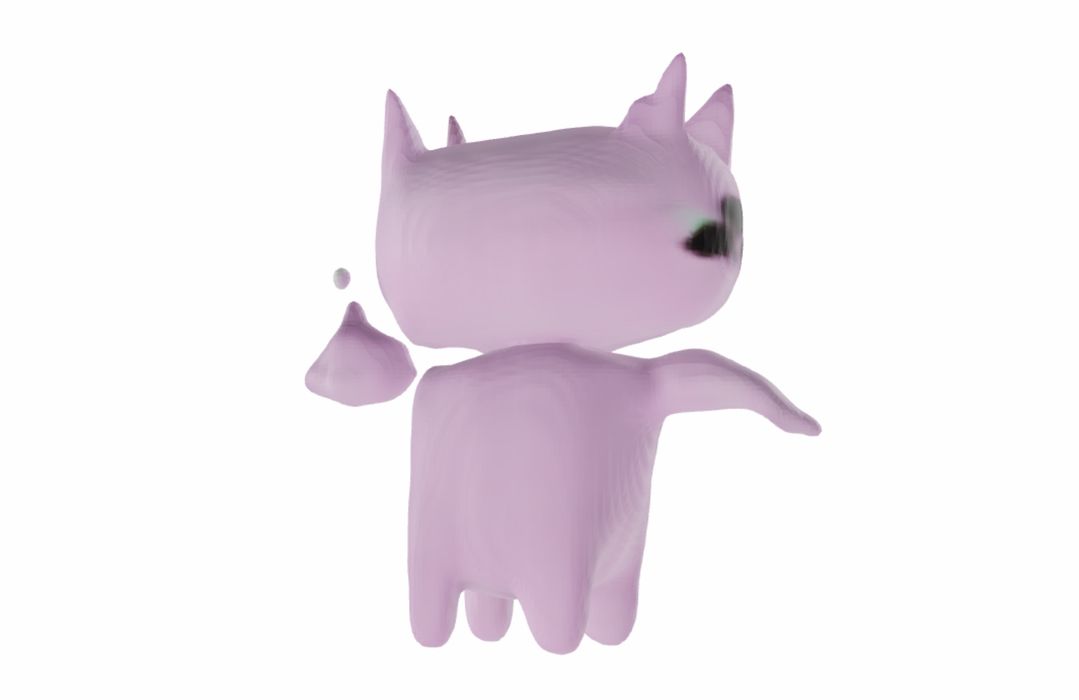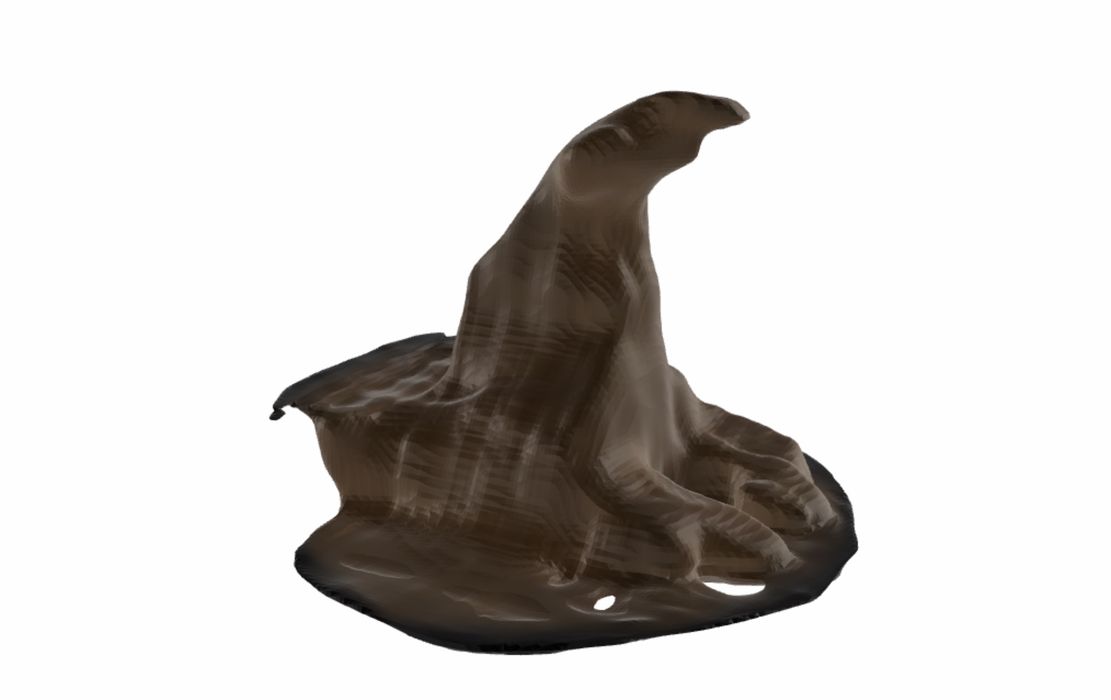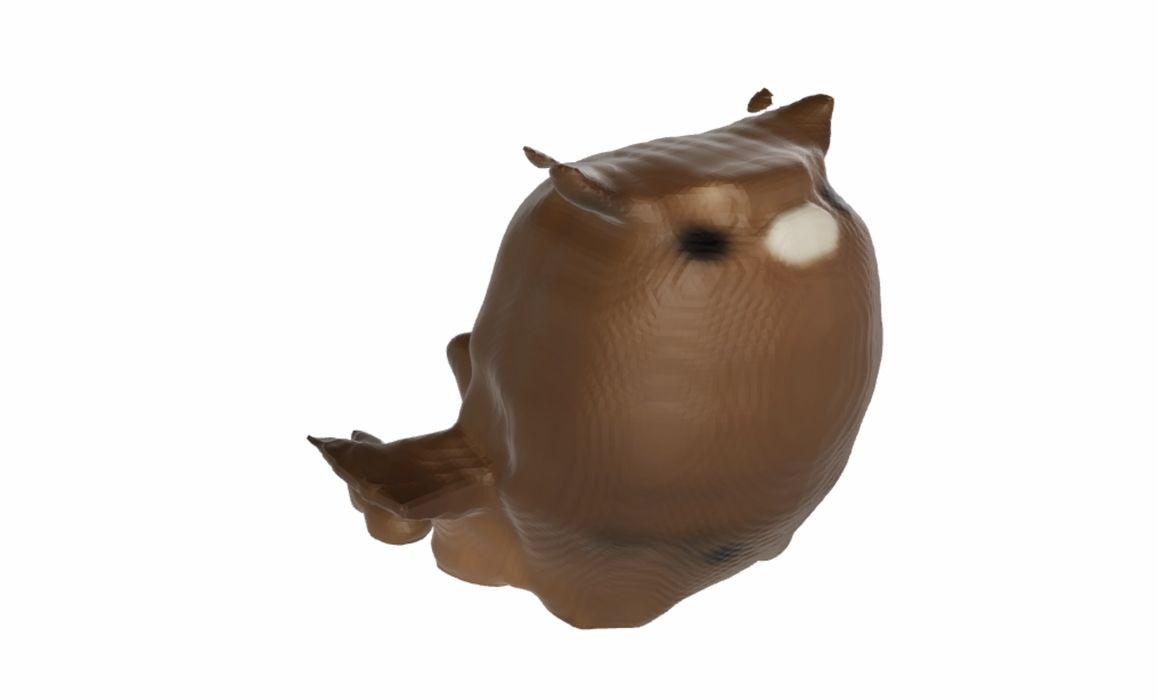
Alpha3D offers an AI-powered 3D model generator that works with text and images.
The three-year old startup company is one of many emerging 3D generative services that leverage current advances in AI tools, particularly LLMs.
I’ve tried many of these systems, and generally they produce pretty rough 3D models. Typically they cannot produce 3D models that are usable as mechanical parts due to variations in geometry and lack of parameter-driven measurements.
How does Alpha3D fare? I gave it a test.
The first step is to sign up, and that’s easy to do. They accept the usual third party authentication systems, as well as direct email accounts.

Once signed up, you’re provided with 500 “tokens”, which are consumed as you use the generative services. Each generation iteration seems to take 10 tokens. This means that new unpaid accounts are essentially given a free trial for 50 model generations. That should be sufficient to decide if the service is worth continuing.
There are three methods for generating 3D models. Well, two: text-to-3D and image-to-3D. Let me explain.
The text-to-3D service is general, allowing you to specify any text prompt, causing Alpha3D’s AI engine to generate a model for you. However, you’re immediately presented with a disclaimer:
“Please note, this AI model is category agnostic and has not been trained on any specific object separately. Therefore, the quality of the model will be standard.”
That’s fair, these AI generators have quite a hard time creating anything complex.
The other two services are image-to-3D. The idea here is that you upload a 2D image of something, and then the AI will attempt to transform it into a competent 3D model.
But there’s a constraint: Alpha3D has trained their AI very narrowly, and at this time can generate only sofas and shoes from images. That’s why there are three services; two of them are image-to-3D.
I tested the text-to-3D service with the simple prompt “Friendly beaver on a rock”, and got this after a wait of only one minute:

Alpha3D provides a 3D viewing window after generation, where you can scroll around the generated 3D model and inspect it from all angles.
As you can see, it really doesn’t look like a beaver at all. Perhaps adding the “on the rock” was too confusing? Many AIs are baffled when prompts contain multiple elements. I simplified the prompt to “a friendly beaver” and got this:

It’s better, but still pretty terrible. Perhaps a “beaver” is not the most well-trained item in the LLM? Let’s try something far simpler, “a pink cat”. The result, which really isn’t very good, is shown at top.
The cat model seems to have eyes on the “tail end”, a discontiguous head, four ears and very stubby legs. Is this a cartoon cat? I’m not sure, but it’s unusable for any purpose.
Can these be 3D printed? Yes, it’s possible to download the models as .GLB files, a format used in the VR industry. It’s quite possible to convert .GLB to .STL for 3D printing.
However, there’s a catch: to download one generated 3D model, Alpha3D charges 500 tokens! That’s more than the initial 500 tokens provided, after you generate a single 3D model. I’m not sure how one could test this workflow without paying for more tokens.
Pricing for Alpha3D is quite interesting. As I mentioned, the first 50 generations are free with the 500 tokens. For their paid service it’s priced at a ridiculously low US$0.99 per month — less than a dollar!
However, a read of the fine print says “Starting from”, which implies there could be extra fees. However, it’s not explained before you sign up. I could not find any description of fees aside from the US$0.99 per month charge. I expect they might charge for bulk purchases of tokens, for example.
After all this testing, it seems that Alpha3D’s capabilities are pretty limited, and the results are of questionable value. Their pricing is certainly not transparent at all. At the conclusion of my testing I still have zero notion of what using Alpha3D in real life might cost.
I’m thinking that Alpha3D’s combination of hidden pricing and poor quality generated 3D models will deter many from using the service.
Via Alpha3D
